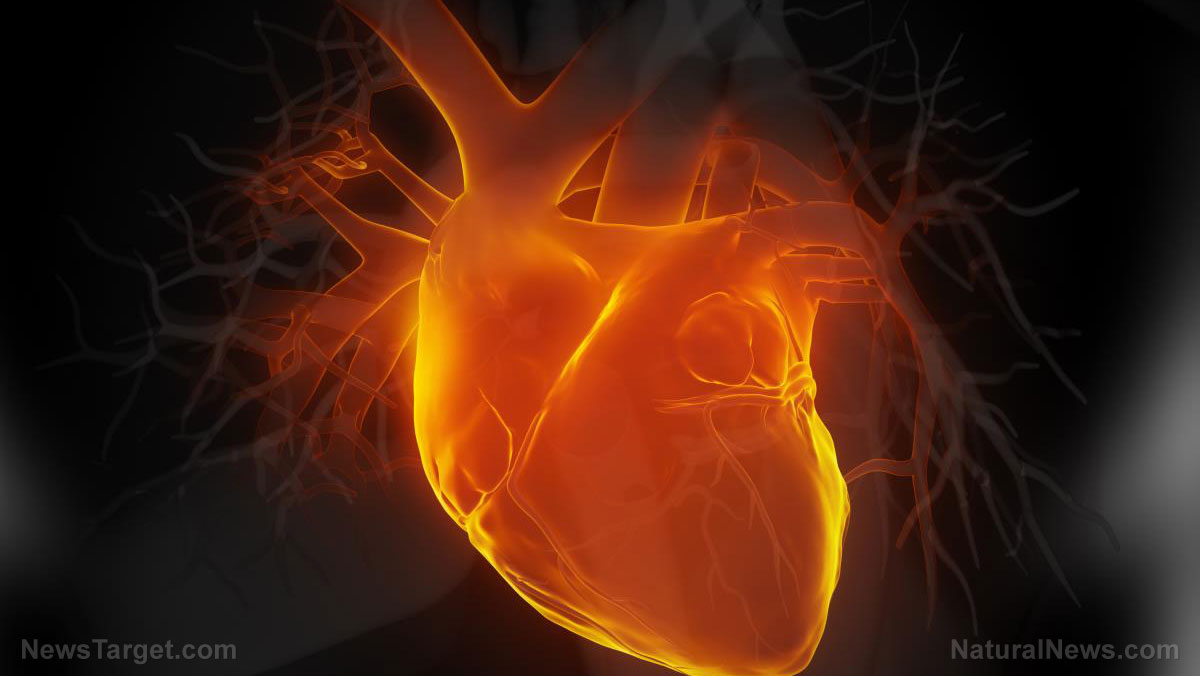Vitamin K essential to a healthy heart;
deficiency found to contribute to unhealthy enlargement in adolescents

Eating more foods rich in vitamin K makes the heart healthier, according to a
recent study reported by Science
Daily.
Researchers from the Medical College of Georgia (MCG) at Augusta
University (AU) studied 766 healthy teenagers aged 14 to 18. They asked the
subjects to wear activity monitors for seven days and to self-document what
they ate between three and seven days. Most participants recorded their diet
for at least six days. The researchers also put the adolescents under an
echocardiography test to monitor their left ventricle.
They discovered that those who ate the smallest amount of
vitamin K-rich foods, such as spinach, cabbage, iceberg lettuce, broccoli, and olive oil, had a 3.3 percent higher risk of
having an unhealthy enlargement of the left ventricle. In addition, they found
that the amount of blood pumped out became lower. Factors that affect the heart’s
structure and function, such as sex, race, body composition, physical activity,
and blood pressure, were also considered.
“Those who consumed less [vitamin K] had more risk,” said senior
author of the study Norman Pollock, who is also a bone biologist at Augusta
University.
The study, published in the The
Journal of Nutrition, found that approximately 10 percent of the
adolescents had some level of left ventricular hypertrophy, the enlargement
and thickening of the walls of the heart’s main pumping chamber. This condition
puts a person at greater risk for a heart attack and stroke. Findings also showed
that only 25 percent of the teenagers met the recommended levels of vitamin K
of the Food and Nutrition Board of the
Institute of Medicine. The adequate intake for vitamin K for young adults
is 75 micrograms.
“They had higher levels relative to other kids…but even at that
age, it seemed to make a difference in their hearts,” said Mary Ellen Fain,
co-first author of the study.
Changes in the heart’s main pumping chamber are usually linked
to adults with hearts that have been working excessively, that takes more time
to get blood out of the body due to the sustained and elevated pressure.
Enlarged hearts are less efficient and less effective, contrary to the other
muscles in the body. The researchers believed that their study is the
first in examining the link between vitamin K and the structure and function of
heart in young people. The study indicated that getting enough vitamin K1 could
enhance the development of the cardiovascular system and lessen the risk of
related diseases in the future among teens. However, the researchers noted that
more studies are needed to assess the link of vitamin K and heart health.
(Related: Vitamin K is the missing link to prevent arterial hardening
and cognitive decline.)
Different organizations such as the National
Heart, Lung, and Blood Institute, the American
Heart Association, and the Medical
Scholars Program at the MCG and AU funded the study.
Fast facts on vitamin K
Vitamin K is a fat-soluble vitamin that includes
compounds such as phylloquinone and menaquinones. Phylloquinone or vitamin K1
is primarily found in leafy green vegetables. It is also the main dietary form
of vitamin K. On the other hand, menaquinones or vitamin K2 are mainly of
bacteria origin and mostly found in different animal-based and fermented foods.
Vitamin K is essential to blood clotting and healthy bones.
Deficiency of the vitamin can slow down the activity of the protein called
matrix Gla, which aids in the prevention of calcium deposits on blood vessel
walls. Furthermore, vitamin K increases the production of osteocalcin, which is
a protein hormone that is essential to the metabolism of bones and sensitivity
of insulin.
Here’s the full list of foods packed with vitamin K:
·
kale
·
collard greens
·
spinach
·
turnip greens
·
Brussels sprouts
·
broccoli
·
asparagus
·
lettuce
·
sauerkraut
·
soybeans
·
edamame
·
pickles
·
pumpkin
·
pine nuts
·
blueberries


No comments:
Post a Comment